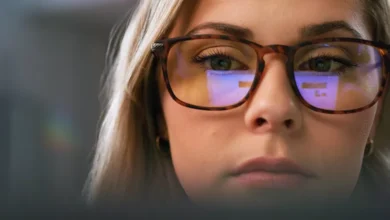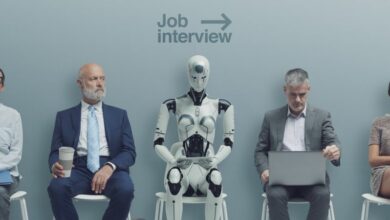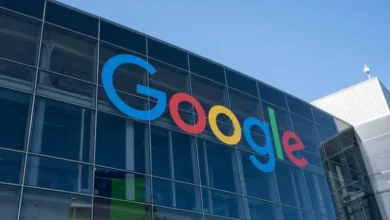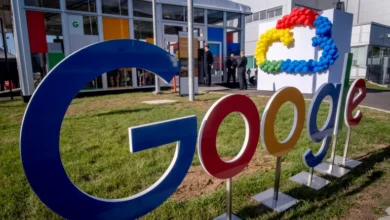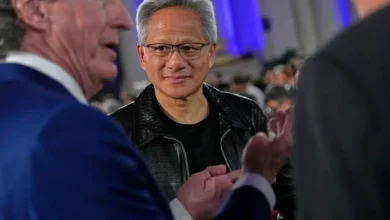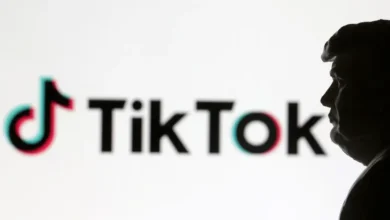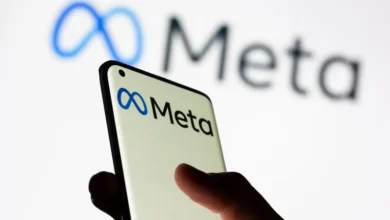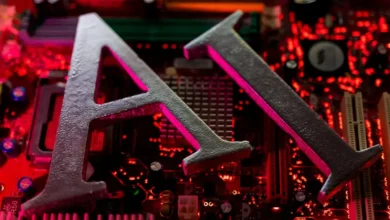Elon Musk drops lawsuit against OpenAI
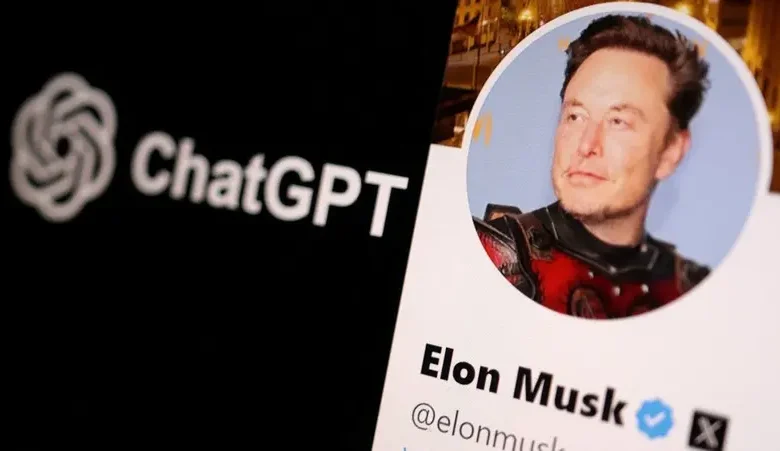
Billionaire entrepreneur Elon Musk on Tuesday moved to dismiss his lawsuit accusing ChatGPT maker OpenAI and its CEO Sam Altman of abandoning the startup’s original mission of developing artificial intelligence for the benefit of humanity and not for profit.
Attorneys for Musk asked the California state court to dismiss the lawsuit, originally filed in February, without giving a reason for the move, according to a filing in San Francisco Superior Court.
A Superior Court judge there was prepared to hear OpenAI’s bid to dismiss the lawsuit at a hearing scheduled for Wednesday.
OpenAI and an attorney for Musk did not immediately respond to requests for comment.
Musk dismissed his case without prejudice, which means he could refile it at another time.
The lawsuit marked a culmination of Musk’s long-simmering opposition to OpenAI, a startup he co-founded and that has since become the face of generative AI through billions of dollars in funding from Microsoft.
Musk last July founded his own artificial intelligence startup, xAI, which raised $6 billion in series B funding in May to reach a post-money valuation of $24 billion.
The lawsuit said Altman and OpenAI co-founder Greg Brockman approached Musk to make an open source, non-profit company, but the startup established in 2015 is now focused on making money.
OpenAI “set the founding agreement aflame” last year when it released its most powerful language model GPT-4, the lawsuit said.
Musk in the lawsuit asked a judge to force OpenAI to make its research and technology available to the public and to prevent the startup from using its assets, including GPT-4, for the financial benefit of Microsoft and others.
OpenAI had argued in a court filing that the lawsuit was based on incoherent claims, describing it as a contrived attempt by Musk to advance his own AI interests.
“Seeing the remarkable technological advances OpenAI has achieved, Musk now wants that success for himself,” OpenAI’s attorneys said.
Musk in a filing in April said OpenAI was trying to “advance arguments that are based on disputed facts” that are beyond the scope of the lawsuit.
